Building a Sustainable Future: The MBTA's Climate and Resiliency Initiative
In a proactive move towards a greener and more resilient future, the Massachusetts Bay Transportation Authority (MBTA) has unveiled its latest endeavor—the creation of the Office of Climate and Resiliency Policy and Planning. This announcement, made during the agency's board meeting, represents a significant step toward minimizing environmental impact while fortifying the transit system's ability to withstand future challenges.

Under the purview of the T's Policy and Strategic Planning Division, led by Lynsey Heffernan, this new office will play a pivotal role in overseeing various initiatives aimed at enhancing sustainability.
These efforts encompass a wide range of strategies, from electrifying the bus fleet by 2040 to implementing stringent energy efficiency standards for new MBTA facilities.
Addressing Gaps in Long-Term Planning
The introduction of the Office of Climate and Resiliency Policy and Planning is a part of a broader organizational restructuring initiative. According to Heffernan, this move is intended to bridge gaps in long-term planning, particularly concerning climate-related objectives. In addition to its internal efforts, the office will collaborate with state officials on sustainability planning, fostering a holistic approach to environmental stewardship.
To achieve its ambitious environmental goals, the MBTA is actively pursuing various funding options. The agency has secured over $117 million in federal grants, reflecting its commitment to sustainability. Heffernan is diligently working on a comprehensive plan to guide long-term climate and sustainability initiatives while establishing a robust framework for measuring progress and meeting objectives.
Significant Progress in Environmental Conservation
The MBTA has made noteworthy strides in reducing its environmental footprint over the past decade. Energy consumption has decreased by 20%, and emissions have seen a remarkable 48% reduction. These achievements underscore the agency's dedication to environmental responsibility and sustainability.
General Manager Phil Eng emphasizes the MBTA's unwavering commitment to building a transit network that is not only greener but also more resilient in the face of climate challenges. From securing grants to finance vital environmental initiatives to actively reducing emissions through fleet electrification, the MBTA is taking concrete steps to pave the way for a cleaner and more climate-ready transit system.
The Implications for Real Estate
For the real estate enthusiasts, the MBTA's Climate and Resiliency Initiative signifies more than just an environmentally conscious move—it has potential implications for property values and desirability. Improved public transportation, reduced emissions, and sustainable practices can contribute to more attractive and eco-friendly communities, increasing the appeal of real estate investments in the vicinity of efficient transit systems.
As the MBTA continues its journey toward a greener and more resilient future, it is not only paving the way for a sustainable transit network but also potentially enhancing the real estate landscape in the communities it serves. These are exciting developments for both environmental advocates and real estate enthusiasts alike, as they represent a harmonious convergence of progress and sustainability.
Categories
Recent Posts
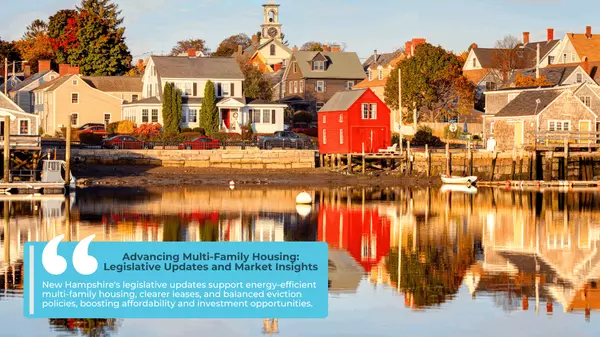

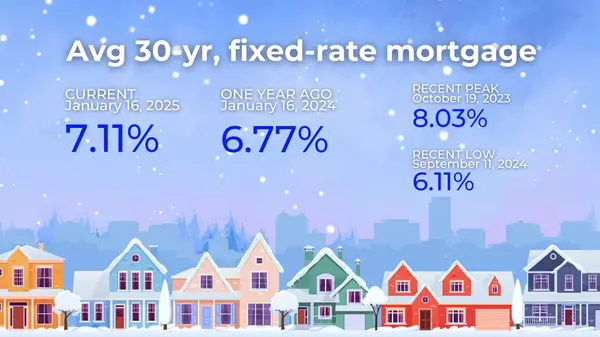

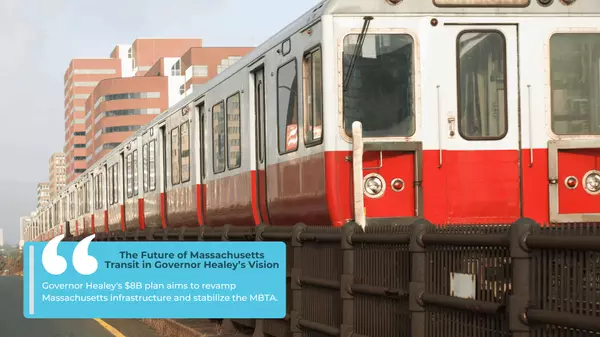
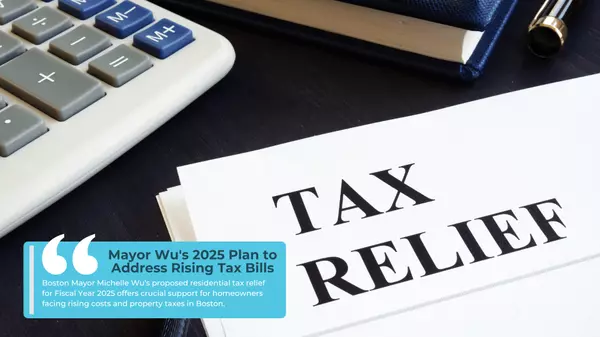
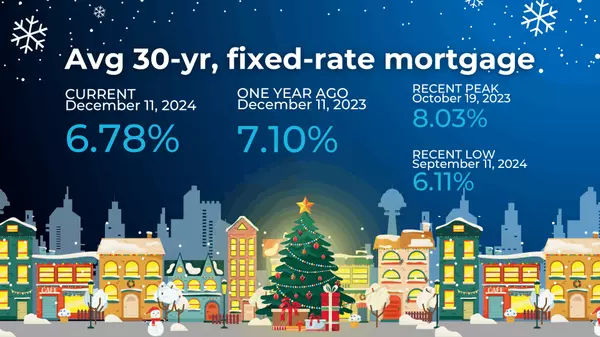



GET MORE INFORMATION

